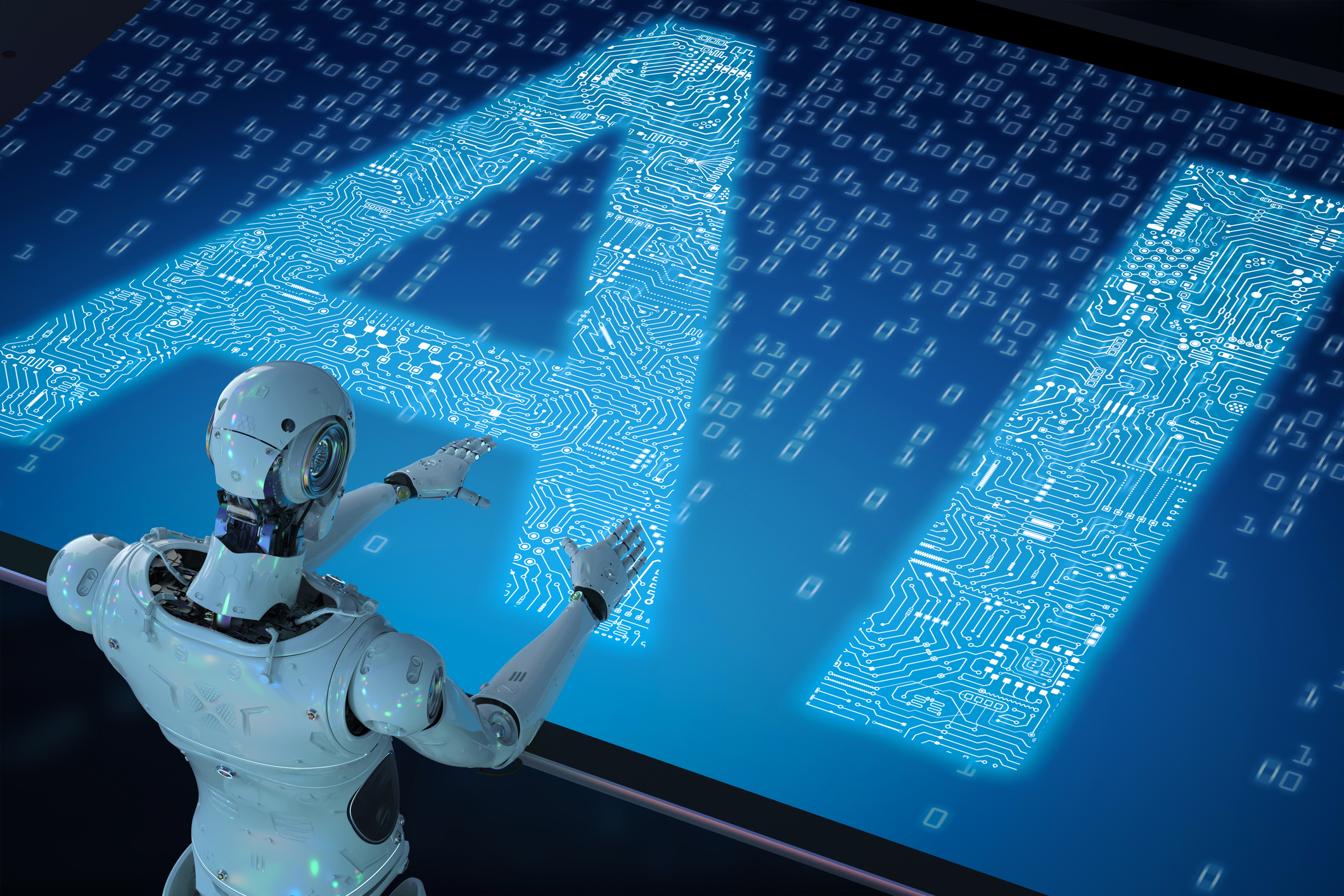
Not so long ago, Artificial Intelligence (AI) was largely the stuff of science fiction, with any real-world applications assumed to be at least a generation away.
But no longer. At the recent 2019 World Medical Innovation Forum in Boston, a panel of Partners HealthCare experts identified several AI innovation that they believe will be ready to change the delivery of healthcare within the next year alone.
As Erica Shenoy, MD, PhD, an infectious disease specialist at Massachusetts General Hospital (MGH), explained, “These are innovations that have a strong potential to make significant advancement in the field, and they are also technologies that are pretty close to making it to market.”
Among the selections, for example, were AI-driven applications and therapy programs that have the potential to lower the cost of treatment for the nearly twenty percent of US patients struggling with a mental health disorder.
“The promise and potential for digital behavioral solutions and apps is enormous to address the gaps in mental healthcare in the US and across the world,” said David Ahern, PhD, a clinical psychologist at Brigham & Women’s Hospital (BWH).
Among other developments, smartphone-based cognitive behavioral therapy and integrated group therapy are showing promise for treating conditions such as depression, eating disorders, and substance abuse.
While patients and providers need to be wary of commercially available applications that have not been rigorously validated and tested, more and more researchers are developing AI-based tools that have the backing of randomized clinical trials and are showing good results.
On another front, the panel pointed to AI that has the potential to dramatically accelerate the detection and diagnosis of strokes and support decision-making around the appropriate treatment for the individual’s needs.
On yet another front, it’s no secret that the costs of healthcare administration are skyrocketing.
According to the panel, “medical coding and billing is a perfect use case for natural language processing and machine learning.”
NLP is well-suited to translating free-text notes into standardized codes, which can move the task off the plates of physicians and reduce the time and effort spent on complying with convoluted regulations.
“The ultimate goal is to help reduce the complexity of the coding and billing process through automation, thereby reducing the number of mistakes – and, in turn, minimizing the need for such intense regulatory oversight,” Partners says.
Other AI-based innovations the panel identified included virtual assistants, technology that could help radiologists identify the visible clues related to domestic violence and deep learning tools that could help expedite the efforts of pathologists around the world to quantifying malaria parasites in blood samples.


